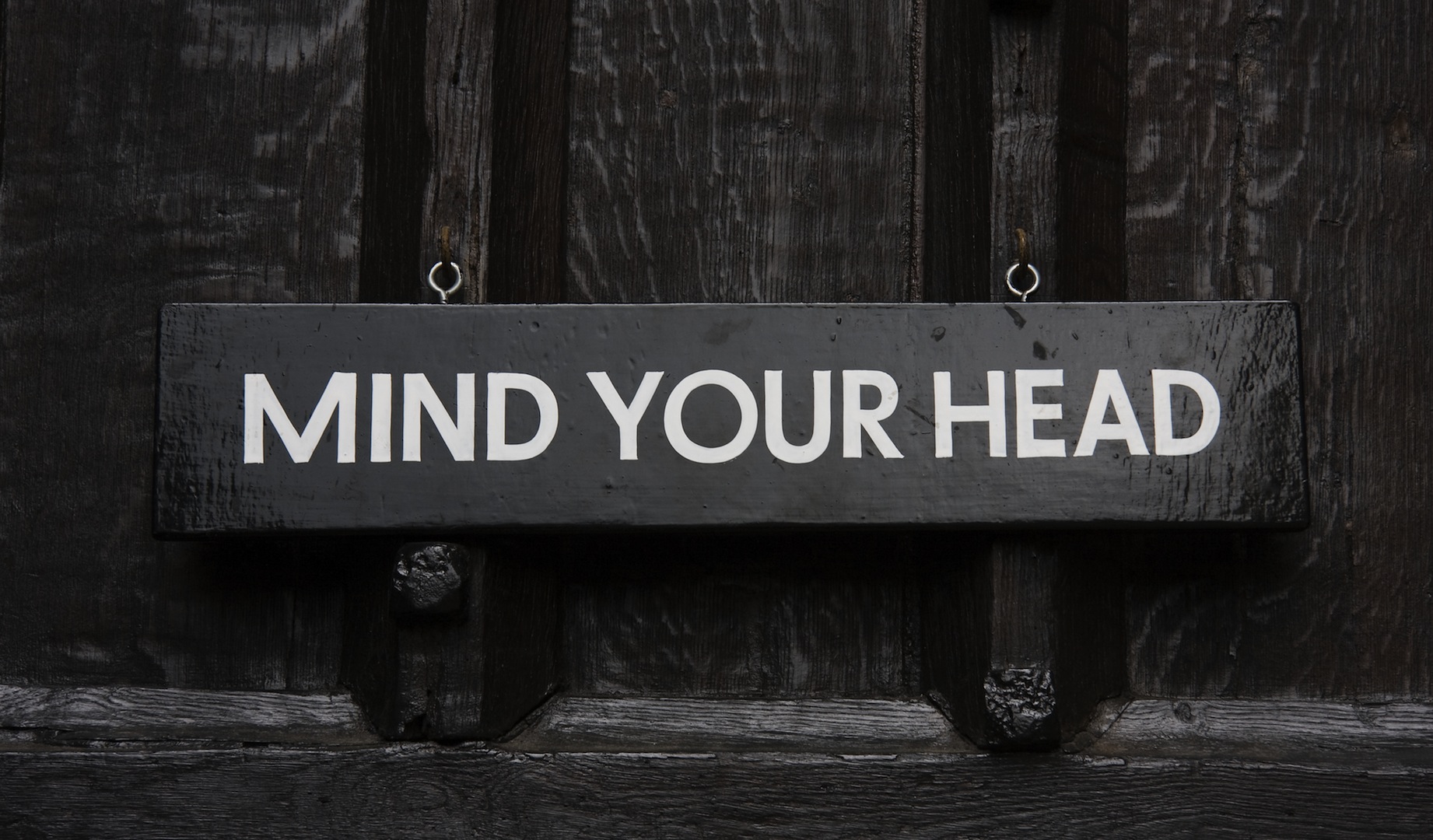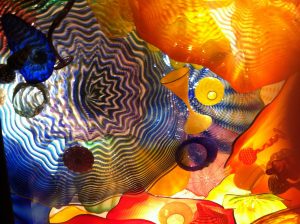I teach clients to develop communication skills that help them stay present, effective and engaged at work. These skills are profoundly helpful and are easily observed as beneficial when practiced in the day-to-day. But using them when activities are predictable and people are relatively agreeable is the easy part.
 The hard part is putting good skills to use when the day-to-day goes a little berserk. When the unexpected or unpleasant happens, staying present and behaving in a mindful way can be a major effort and can feel like a total drag. It’s much easier to fall into old habits of forecasting all the awful stuff that can happen or assigning blame to the jerk who seemingly caused the situation. I’ve been working hard recently to teach (and practice) how a mindful perspective is useful when work and life get wobbly and things go haywire. When stressful circumstances pop-up, remaining calm and curious while moving toward deliberate action works to rewire the brain out of unhelpful habits.
The hard part is putting good skills to use when the day-to-day goes a little berserk. When the unexpected or unpleasant happens, staying present and behaving in a mindful way can be a major effort and can feel like a total drag. It’s much easier to fall into old habits of forecasting all the awful stuff that can happen or assigning blame to the jerk who seemingly caused the situation. I’ve been working hard recently to teach (and practice) how a mindful perspective is useful when work and life get wobbly and things go haywire. When stressful circumstances pop-up, remaining calm and curious while moving toward deliberate action works to rewire the brain out of unhelpful habits.
When we are calm and curious about situations, we invoke our neurophysiology in very constructive ways. Primarily, we ask the limbic system – the combined parts of the brain in charge of the fight or flight response, fear, and long-term memories – to just step back and inform a situation rather than hijack it. Secondarily, when we are curious we actively engage the frontal lobes – areas that are in charge of executive function and creative thoughts that have to do with problem solving. By choosing to be calm and curious when situations seem like a crazy mess, we move toward mindfulness because we are using the handy aspects of our brain that help us function at very high, effective levels.
Being “mindful” can sometimes sound like a lot of new age bunk, but it is really pretty practical: having more gray matter available to help find a way through problems is far more efficient than not. At least that’s what I keep practicing – so far, so good.





